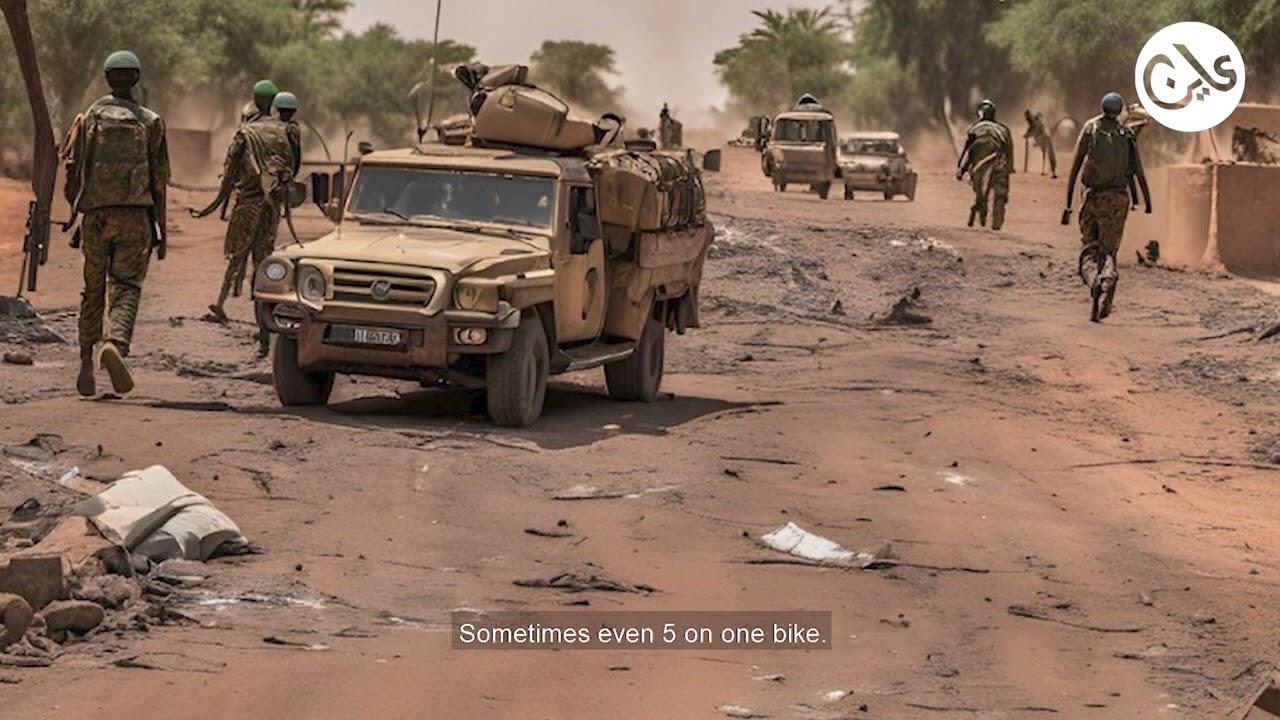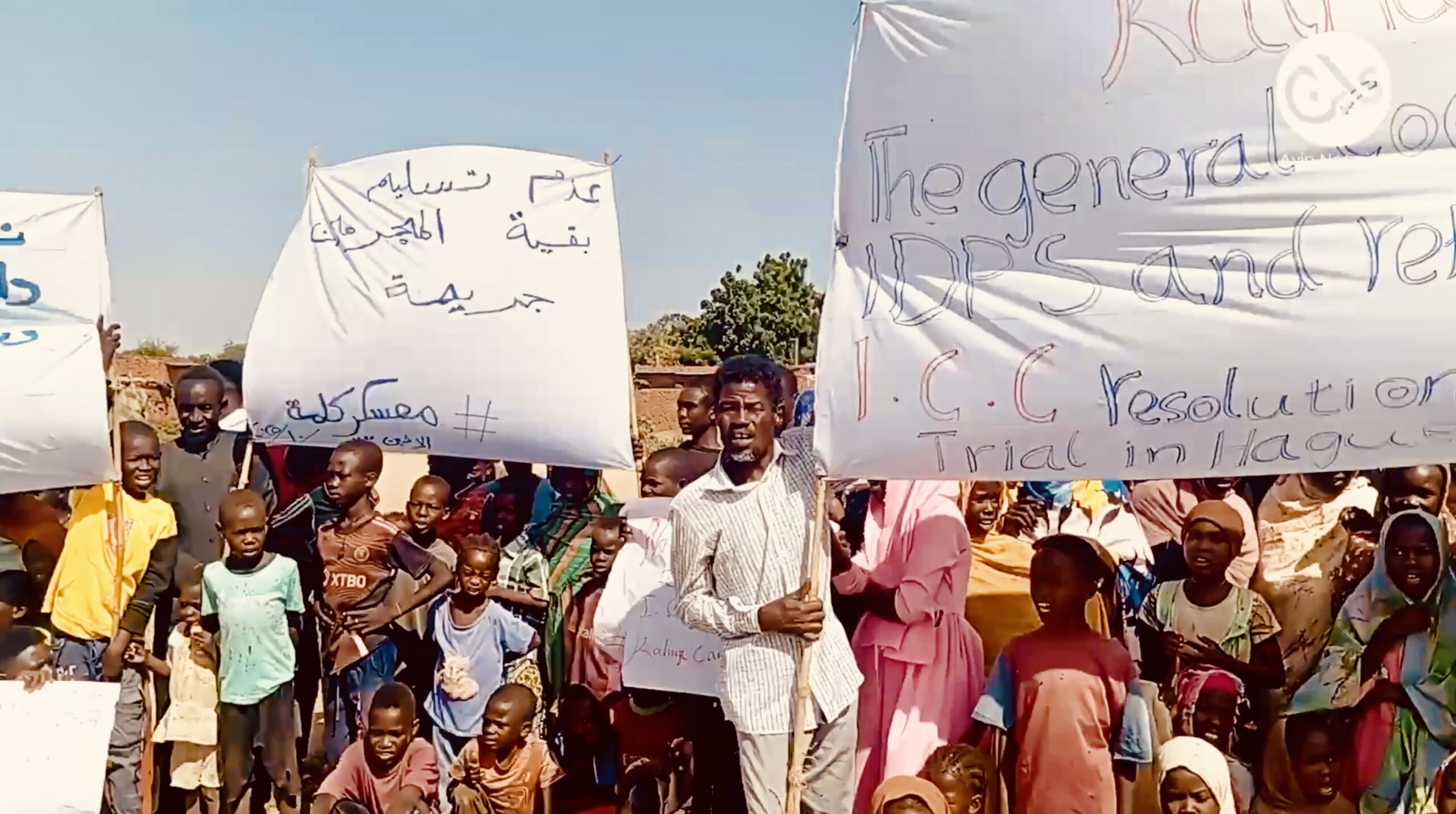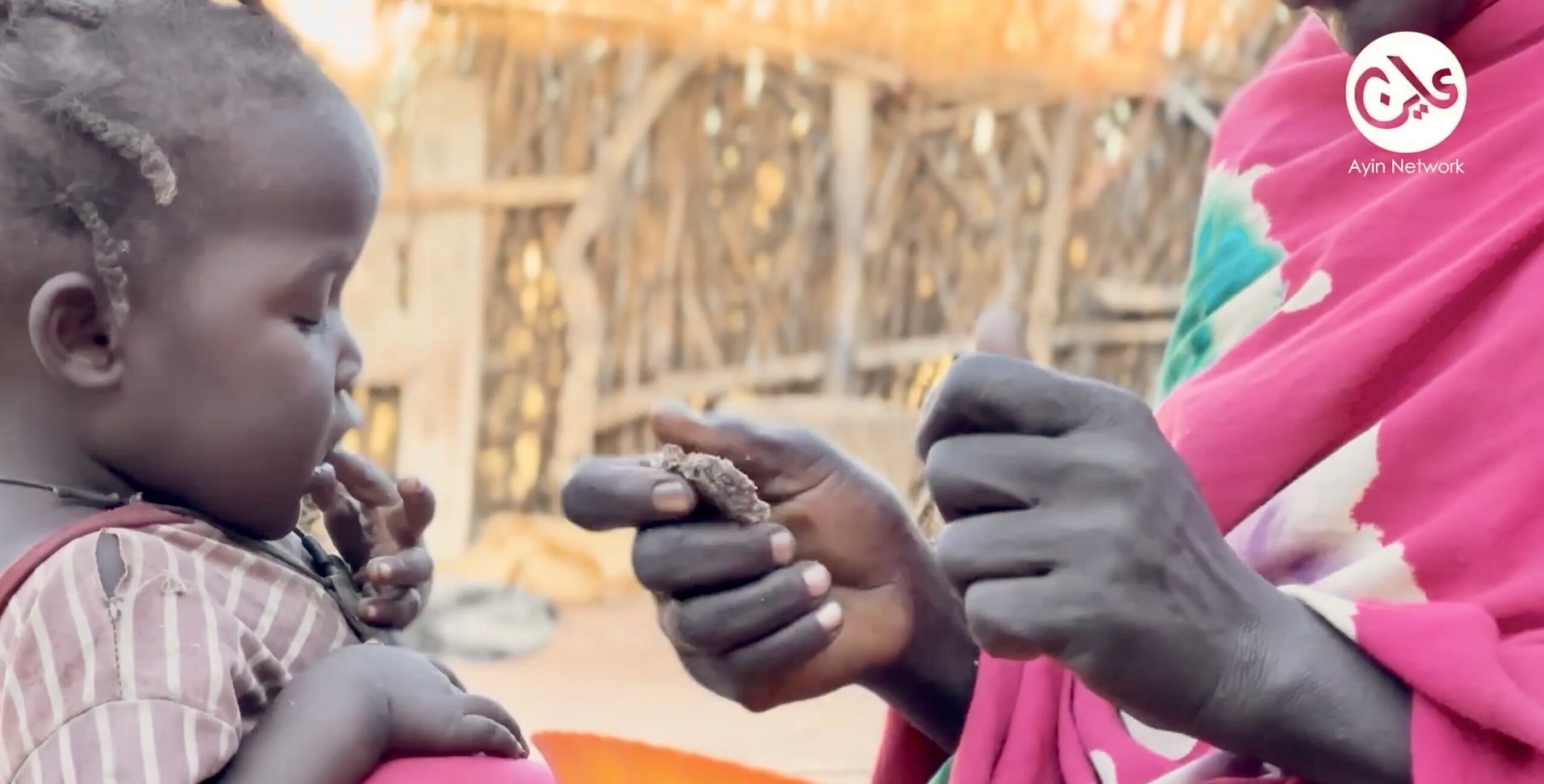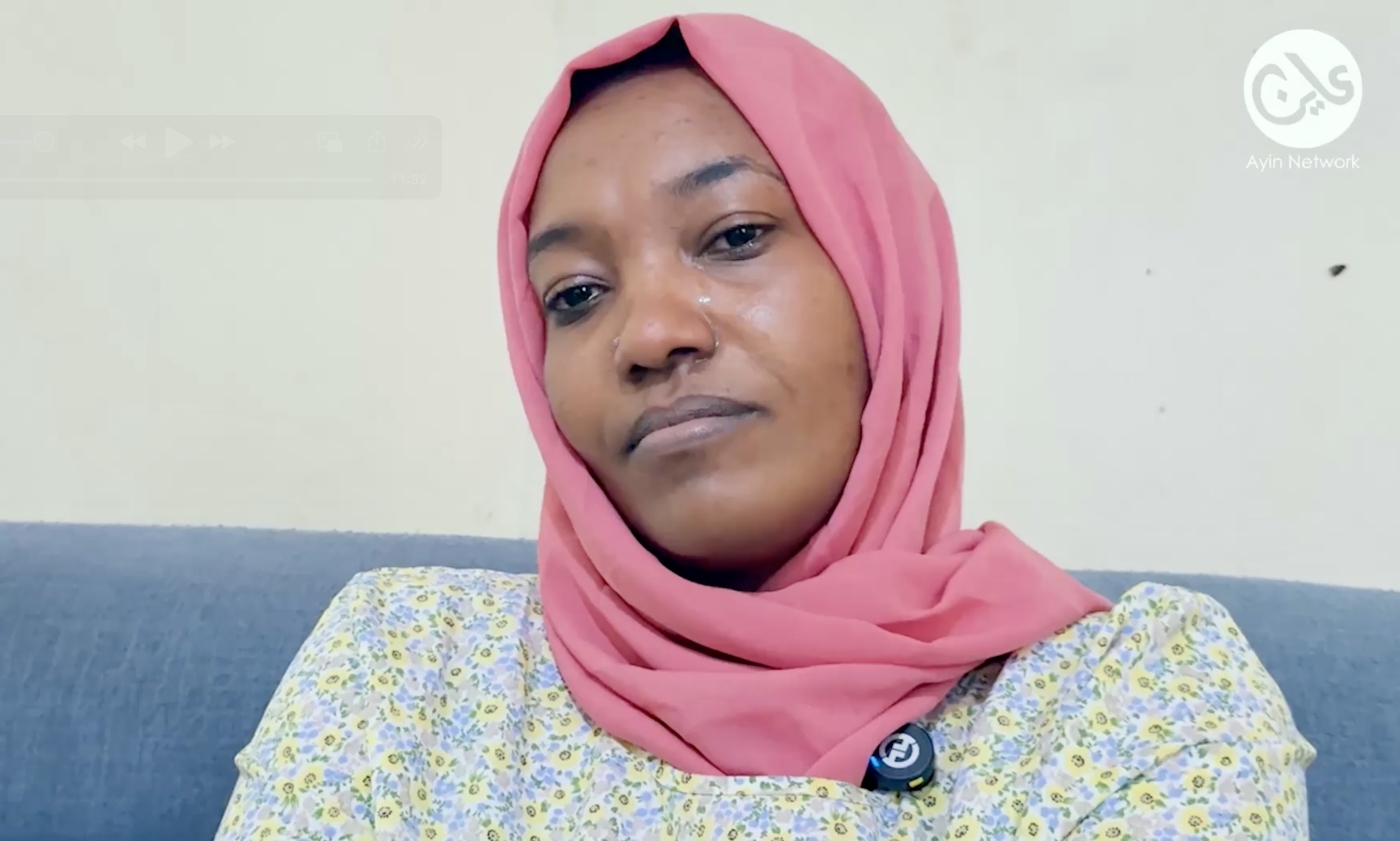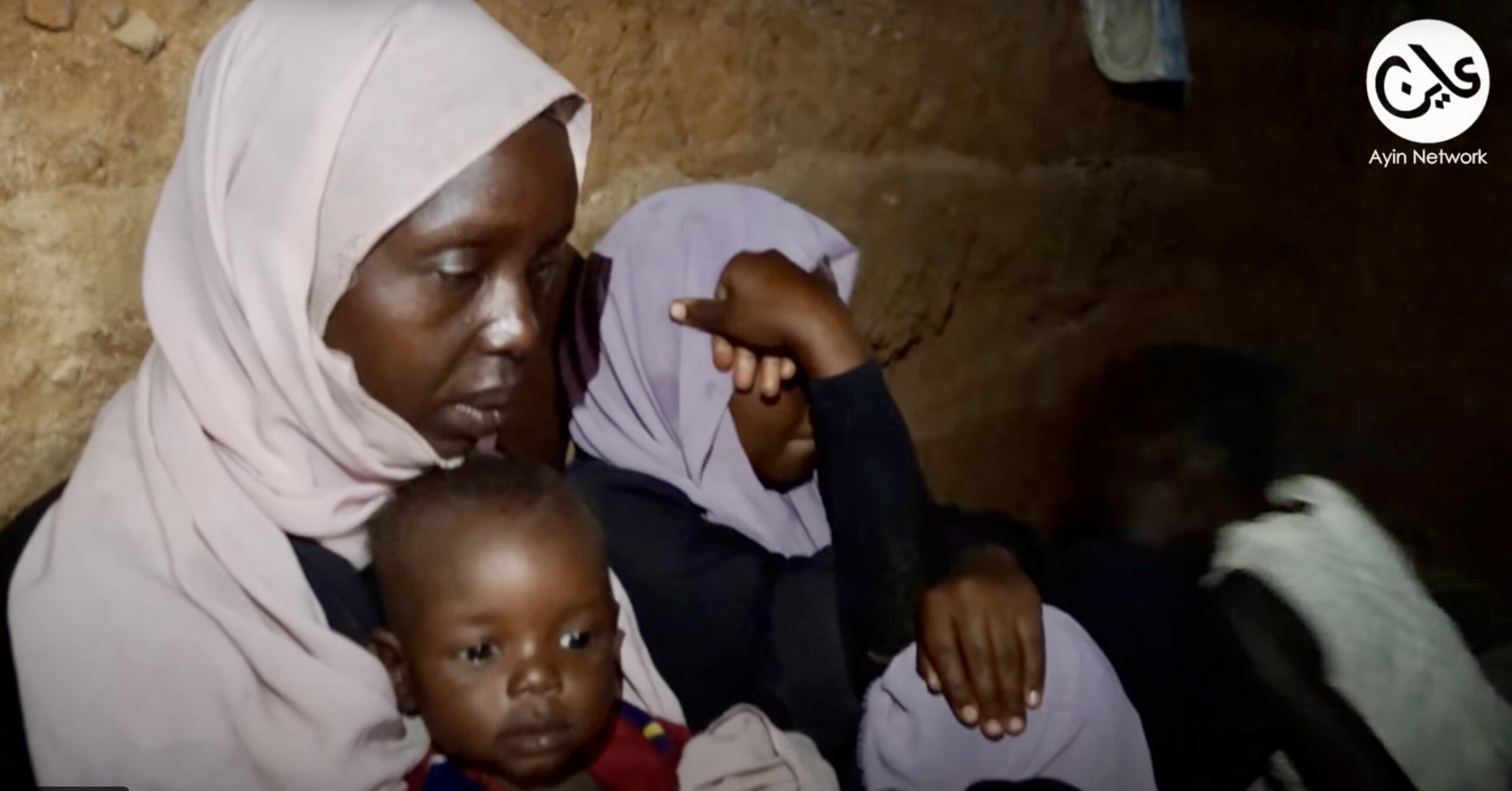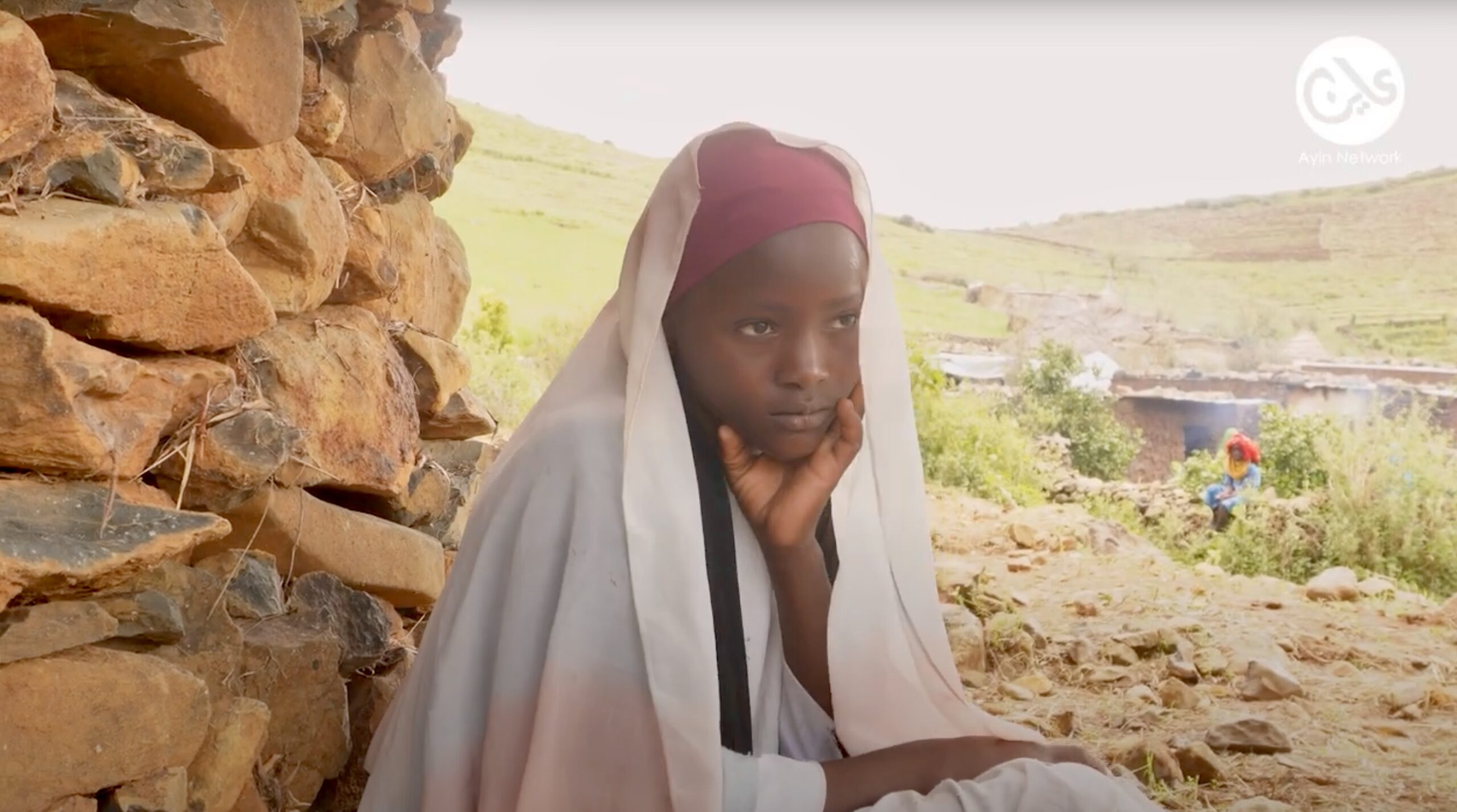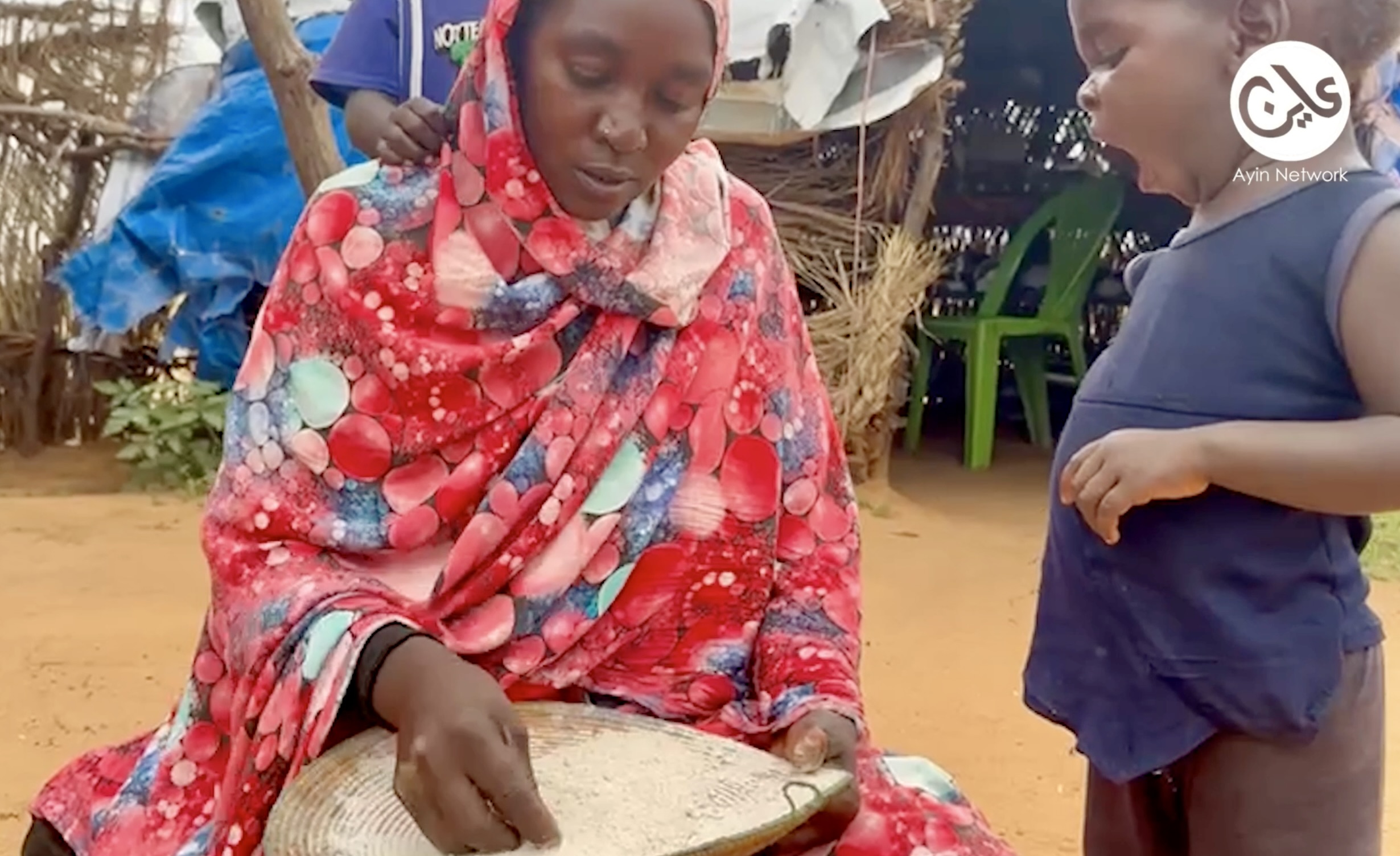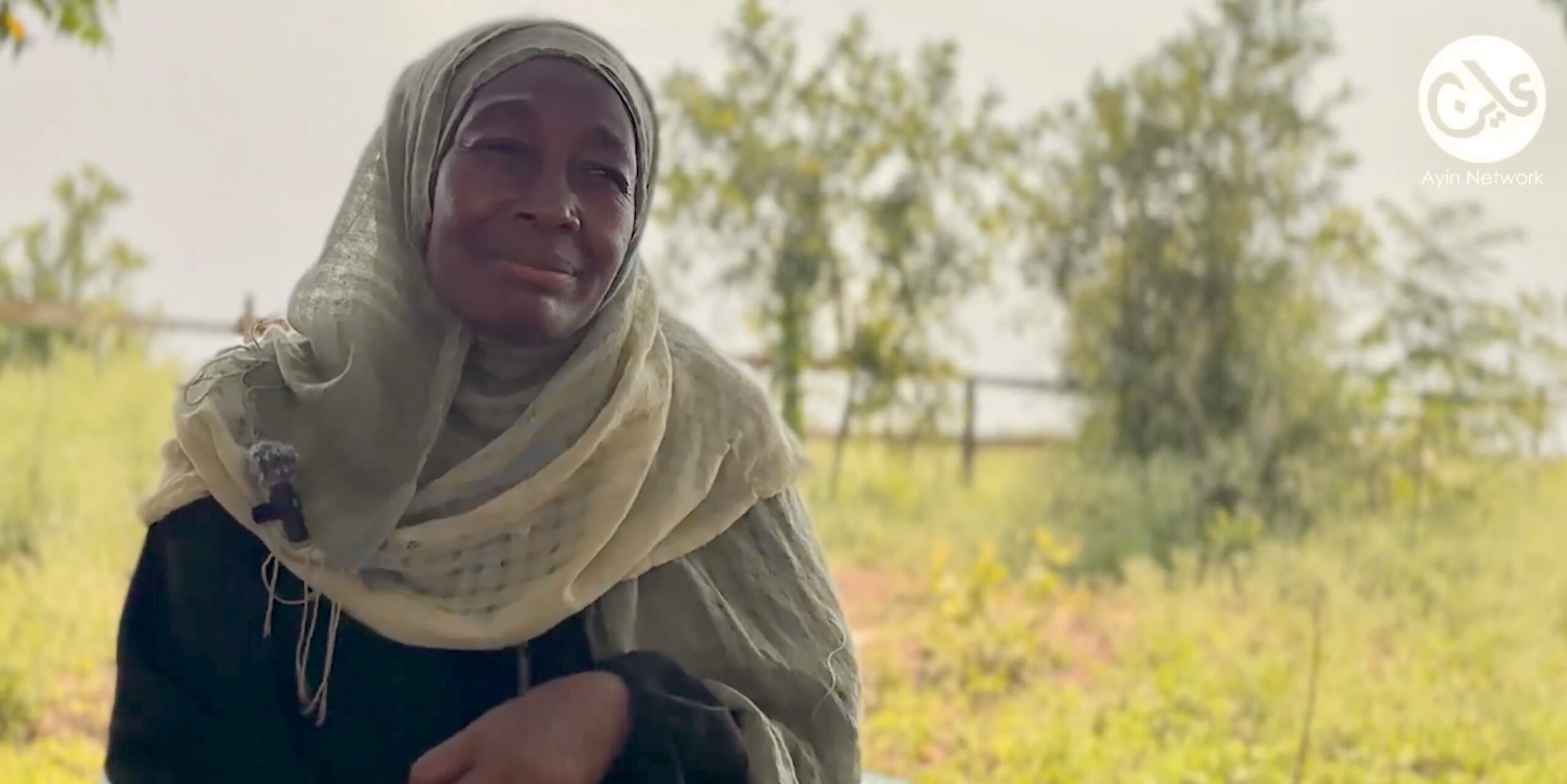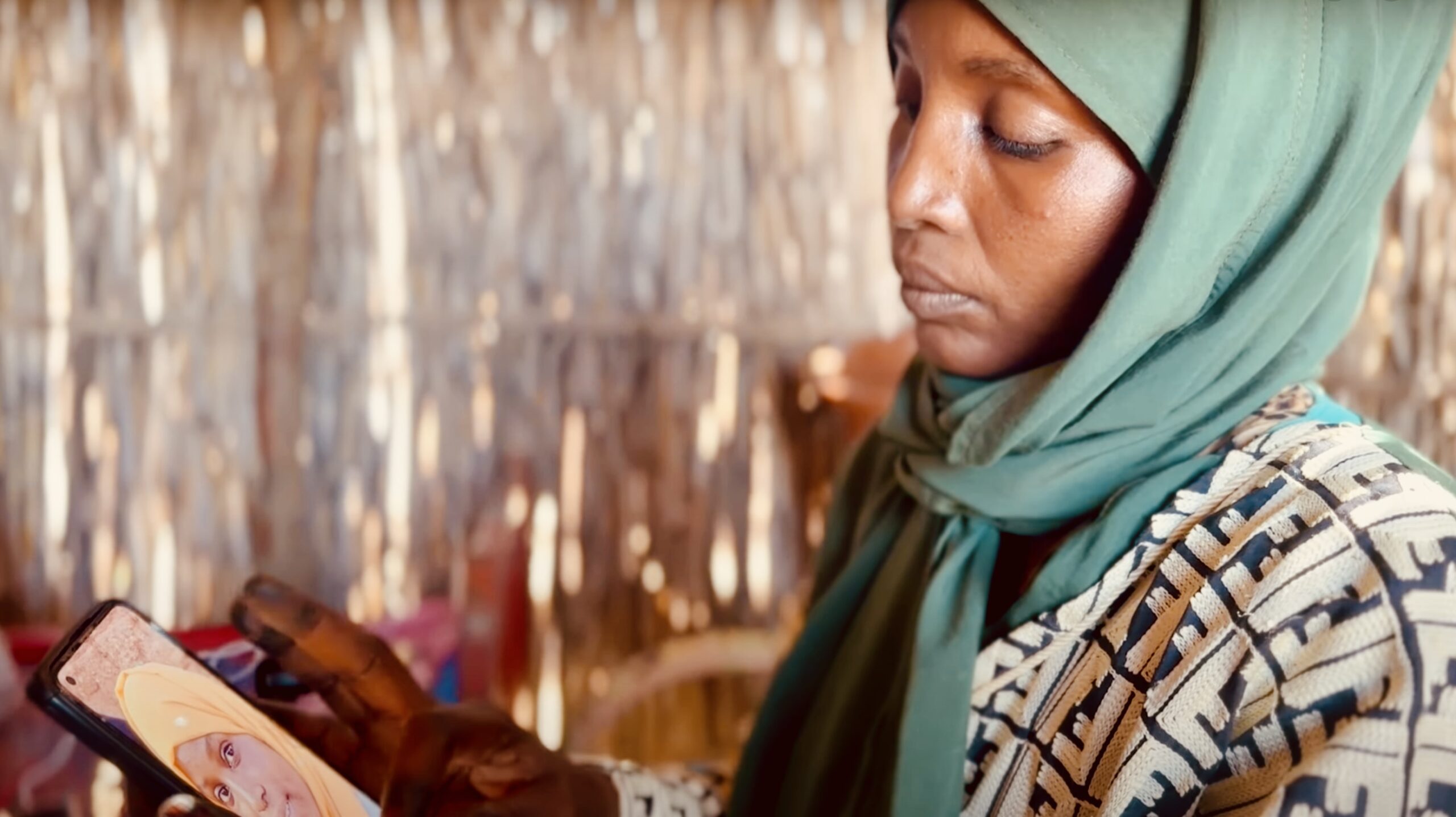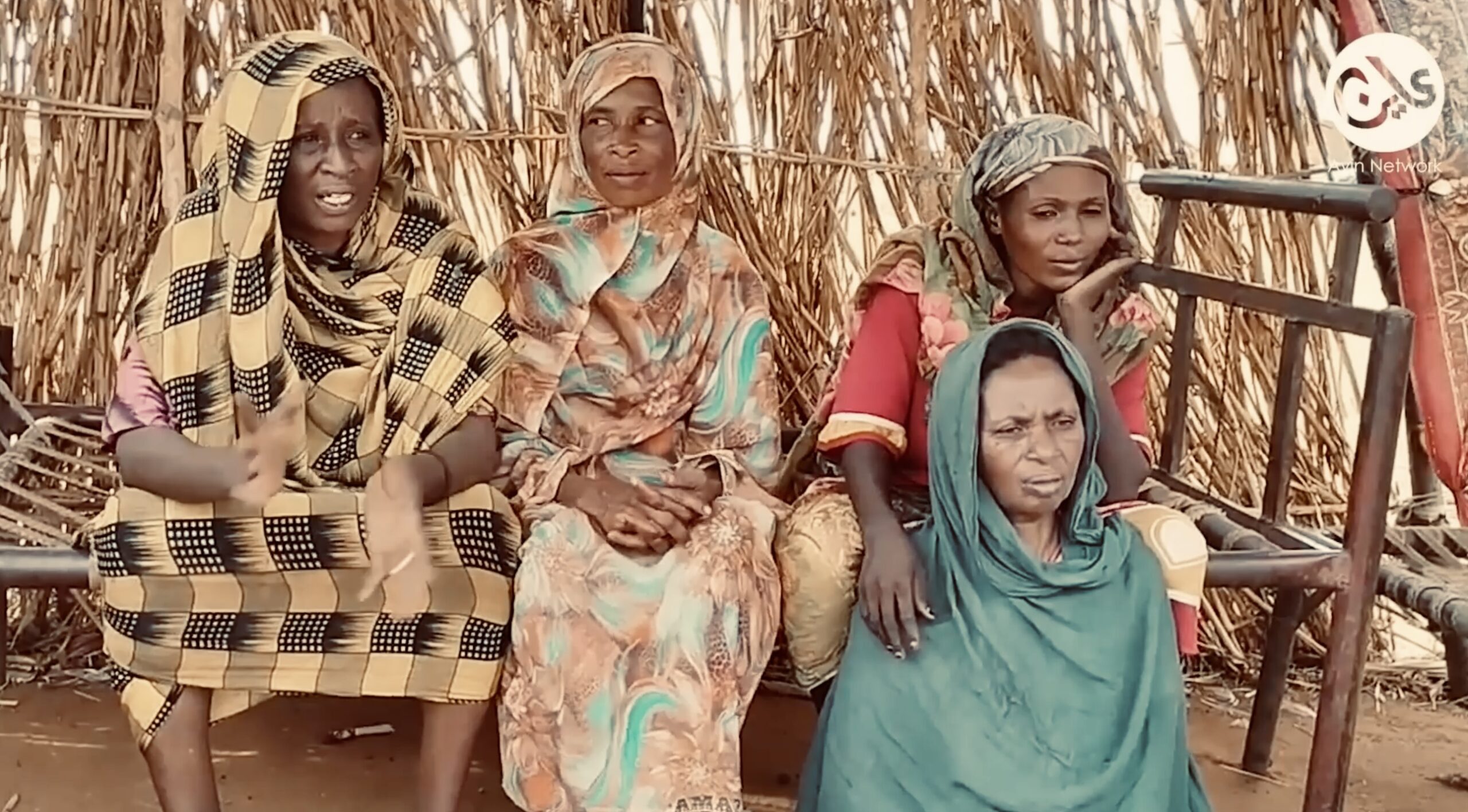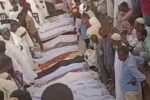Foreign mercenaries implicated in RSF attacks on Al-Jazeera State
4 September 2024
While the Rapid Support Forces human rights abuses against civilians in Al-Jazeera State, Sudan, are well documented, new testimonial evidence suggests foreign mercenaries from neighbouring countries were some of the perpetrators in these attacks.
On 19 December, the paramilitary Rapid Support Forces (RSF) announced their near-total military control of Al-Jazeera state, inducing hundreds of thousands to flee the area. Since the RSF took control, many reports accuse them of committing massacres, war crimes, and sexual violence.
One such incident took place on 5 June in Wad Al-Noura village, Al-Jazeeraa State. Using heavy machine guns and anti-aircraft weapons from multiple angles, the RSF bombarded the area, indiscriminately killing 160 civilians along with countless injuries.
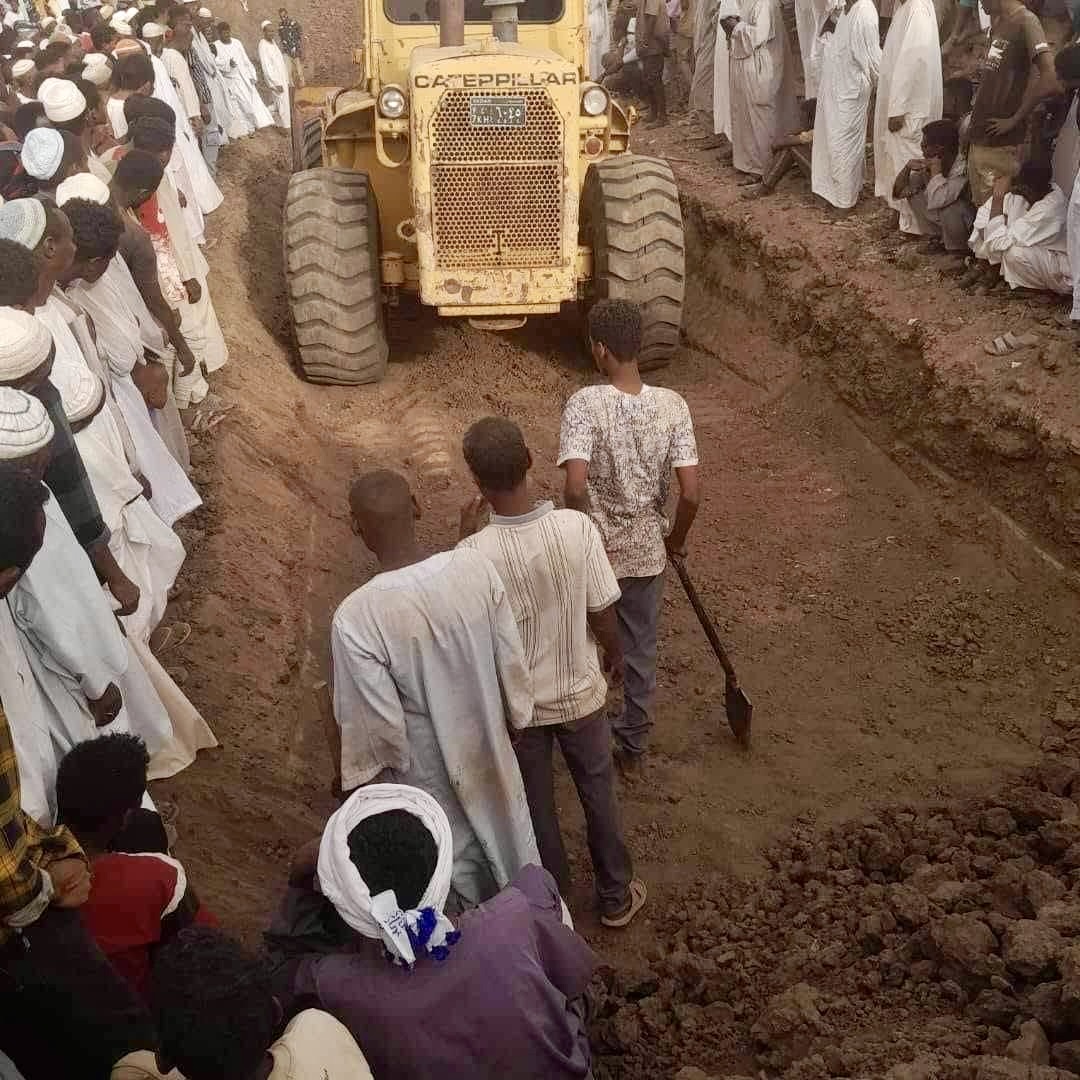
According to four eyewitnesses, foreign mercenaries are implicated in this attack—including gang rape and attempted kidnapping.
Since the beginning of the ongoing conflict in Sudan, the Rapid Support Forces have been accused of recruiting foreign mercenaries from Chad, Niger, Ethiopia, Central African Republic, and South Sudan. Historically, RSF commanders have consistently denied these charges in their entirety. “Until mid-April, we were a national force within the Sudanese army, and suddenly we are being called foreign mercenaries,” said Yousef Ezzat, former political advisor to the Rapid Support Forces leadership.
The RSF recruitment of foreign mercenaries is a widespread strategy of the paramilitary group, security expert Yasir Zeidan said. “Each RSF leader would recruit mercenaries from Chad, Niger, Mali, and South Sudan to help them target cities, we have seen this in Khartoum, Wad Medani, and Sinja.” According to Zeidan, the RSF often use foreign mercenaries to support their military operations, including recruiting snipers and military technicians.
The fact that foreign mercenaries are participating in the RSF’s offensives does not necessarily equate to an international conflict, says retired Brig.-Gen. Amin Ismail, a crisis management and negotiation expert at the Centre for Strategic Research. “In my estimation, this is not an international conflict but rather an invasion aimed at altering Sudan’s demographics, using ethnic and tribal tools to seize power and resources by regional or international actors.” In Ismail’s view, the foreign mercenaries will leave once they have paid themselves in loot. “Once the war ends, they will leave and have no place in Sudan, especially since Sudanese citizens have identified them. This will make it difficult for them to remain on Sudanese soil.”
Unfortunately, given the presence of foreigners within the RSF ranks, entire communities have become targets of xenophobic attacks by the army and military intelligence in the de facto government-controlled areas. The Director of Immigration Control in Khartoum State, for instance, gave all foreigners “15 days to leave the state to safeguard their lives from the war starting 11th of July.” Ateny Wek Ateny, the former press secretary in the office of South Sudanese President Salva Kiir, has denounced this recent targeting of South Sudanese citizens in Sudan. “The warring parties [in Sudan] must replicate how the South Sudan government and people have allowed and protected Sudanese refugees to stay in South Sudan peacefully.”
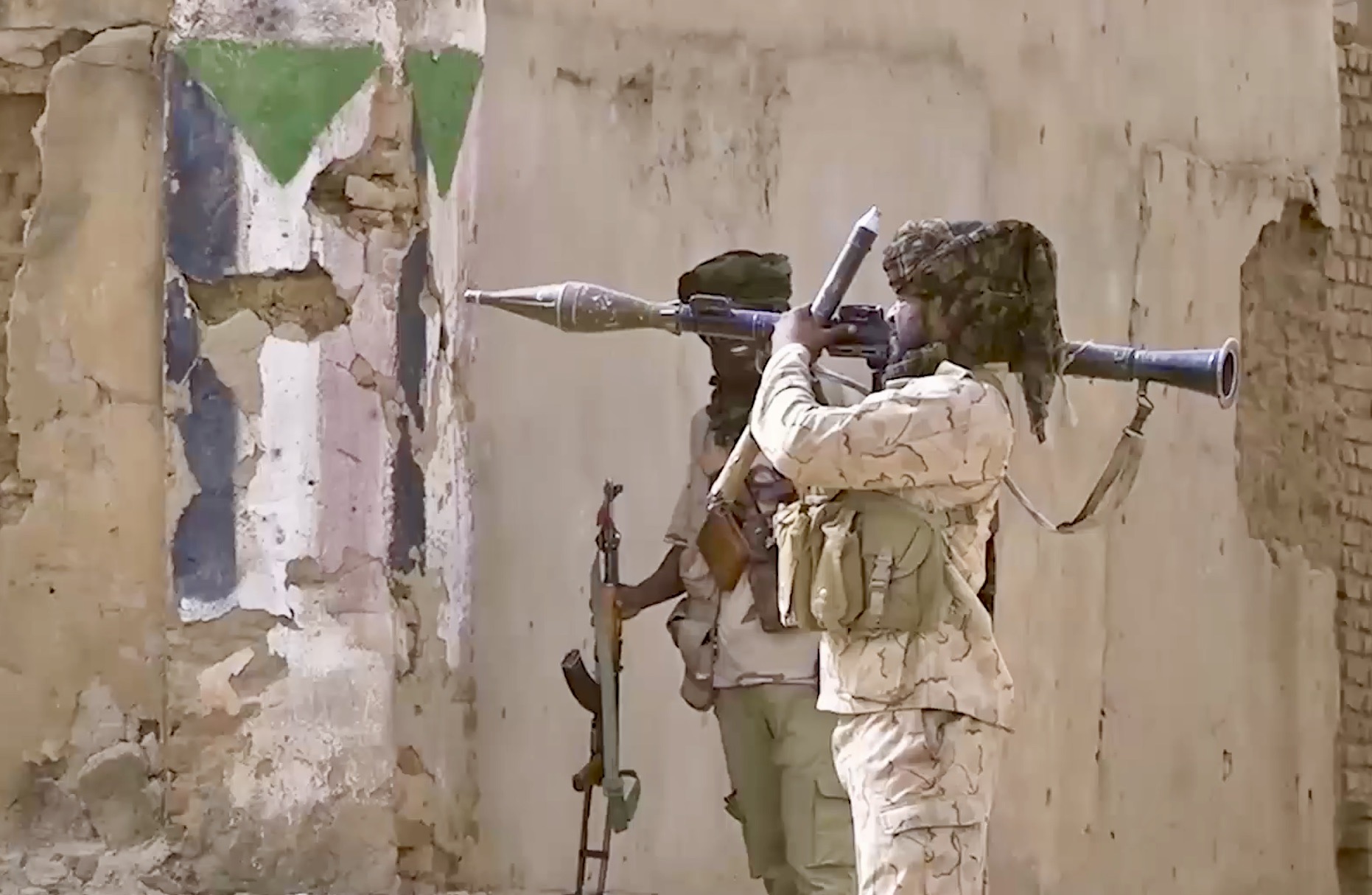
Foreign mercenaries in Al-Jazeera State
Mouawia*, a member of Al-Jazeera State resistance committee, a youth-driven organisation that supports the war-affected, says foreign mercenaries repeatedly took part in the Al-Jazeera State attacks. Five days after the RSF seizure of the capital, Wad Medani, RSF-aligned troops detained his colleague who supported a shelter for the displaced in the Al-Mahata area. Detained at an RSF checkpoint, Mouawia saw seven Ethiopian individuals with RSF military badges, identifying their ranks on their shoulders. “One of the Ethiopian individuals helped him to be released, when he told the commander he treated them nicely when he was a volunteer helping the displaced.” Mouawia says South Sudanese citizens also participated in the RSF attacks on other villages within the state, including Al-Shabarga, Al-Danagla, and Kurdagili.
In Hassahisa town, Al-Jazeea State, seeing foreign mercenaries aligned to the RSF was a common occurrence, according to Ahmed, who left the state five months ago. “I saw foreigners with the Rapid Support Forces referred to as “a militia.” Among them were Yemenis who lived in the house next to us, as well as individuals from Chad and the Central African Republic whom I saw in town,” Ahmed said. “There were also others from Libya; we would hear the Rapid Support Forces individuals actually referring to them as such.”
Another local resident from Al-Hasahisa city speaking to Ayin on the condition of anonymity, emphasised that individuals from the Nuer tribe of South Sudan were present in a checkpoint on Foor Street next to a pharmacy, and he was personally detained at this checkpoint.
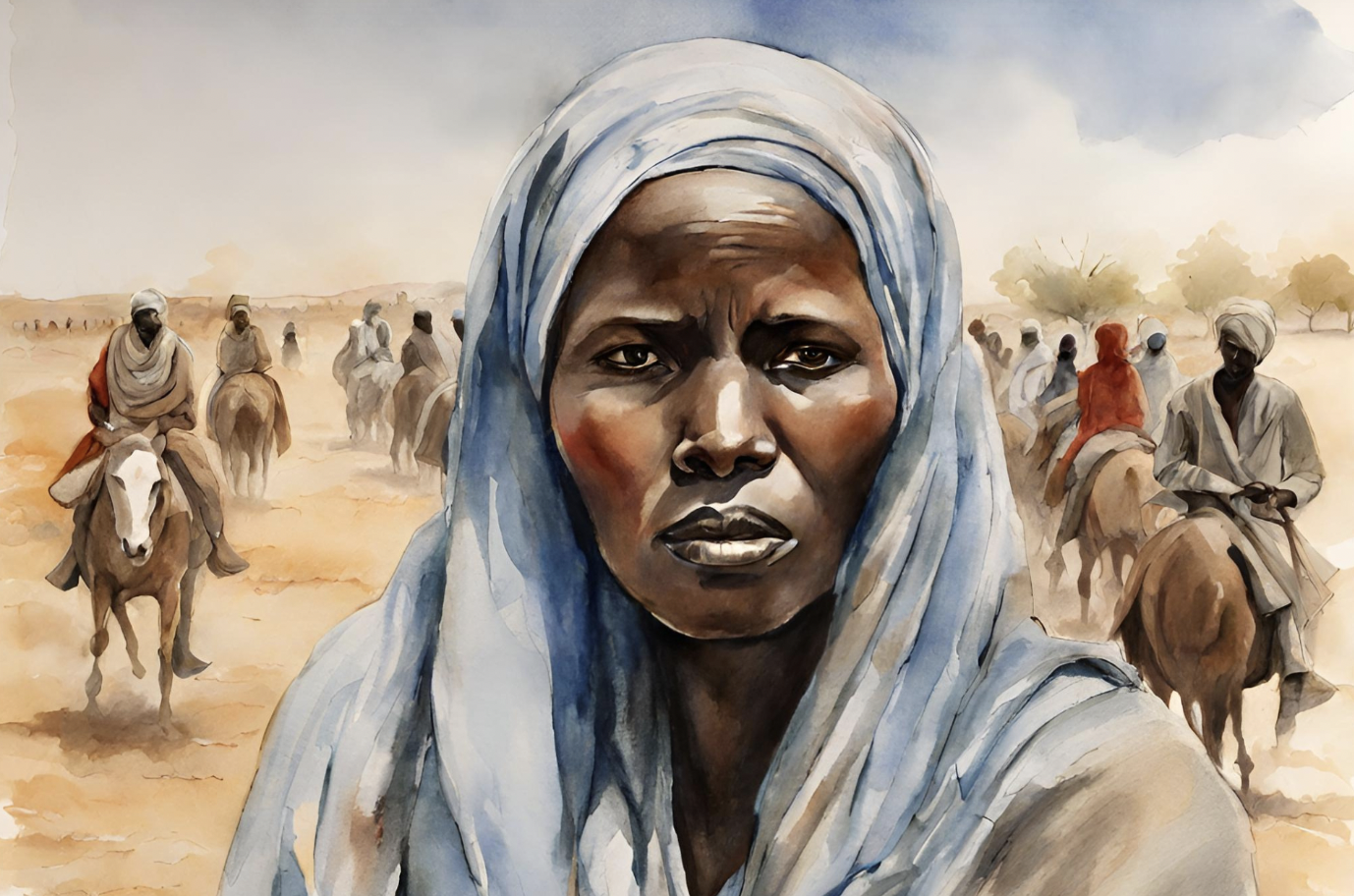
Survivor stories
On the same night of the attack on Wad al-Noura village, the RSF and allied militias raided each house and set up checkpoints. In one of the homes, 15 families had gathered to support each other during this time of fear and uncertainty. Members of the RSF broke into the house where these families were sheltering, pointing guns at them and assaulting an elderly man with special needs, eyewitnesses told Ayin.
Four survivors of this attack told Ayin that some of the RSF soldiers seemed to be non-Sudanese; they wore earrings, nose rings, and necklaces and spoke broken Sudanese-Arabic, and they could smell alcohol on all of the attackers.
Afaf*, a mother of three, was present in this crowded house and recalls the Rapid Support Forces questioning her. “They asked if we had gold or money, and we said no, then they asked where all of us were going, and we explained to them that out of fear we gathered in one place, they told us they would bring us anything we needed and instructed us to stay in Wad Al-Nura, as they specifically wanted the women.”
The RSF placed three girls, aged 12, 16, and 22, into a pick-up truck, Afaf said. “After we cried and begged them, one of the attackers who seemed to be their leader came in and said to leave the matter until tomorrow. Then they returned the girls and took all of our money and belongings from the house and beat us.”
The RSF soldiers also attempted to kidnap the daughter of Esraa*, a mother of eight children, threatening her with guns. “I started begging them to leave her, offering them to take anything in exchange but pleading not to take my daughter,” Esraa said. “She is 14 years old and was terrified. To this day, she lives with the trauma of what happened. The attackers were speaking with accents we couldn’t understand.”
Ehsan*, a mother of five children, emphasised that they were carrying guns and wearing inappropriate clothes, earrings, and nose rings. “We were scared, they were pointing guns at us; one of them put the gun on my head, and they treated us poorly, and we couldn’t say anything. We were afraid for our lives, but God helped us, and we survived.”
Dana* also remembers the terrible sense of fear she and her children faced the day the RSF raided Wad al-Noura village. Dana and her three children were hiding in a room, with the door closed. “We had locked ourselves in the room. By noon, my eldest son, who is seven years old, fainted from lack of food and water. They came into the house in the afternoon and told us to hand over the guns, money, and gold.” The RSF tried to persuade the women not to leave the village, assuring them they would get whatever they needed if they stayed, she added.
The attackers stayed with them until sunset; before leaving, they told the women to stay and that they would come back early in the morning because they were fearing night airstrikes by the Sudanese Armed Forces (SAF). “We were scared, so we assured them that we would stay, but we left on foot at night because it was our only chance to escape; we were sure if we stayed till the morning, they would do harm to us, as there had been cases of rape nearby,” Dana said. Fortunately, their families managed to escape by walking to nearby villages and then walked two more days without food.
The survivors who spoke to Ayin about this horrific experience of that day still live in trepidation since they remain in nearby areas under RSF control. All appeal for help to be relocated to a safer area in the country.
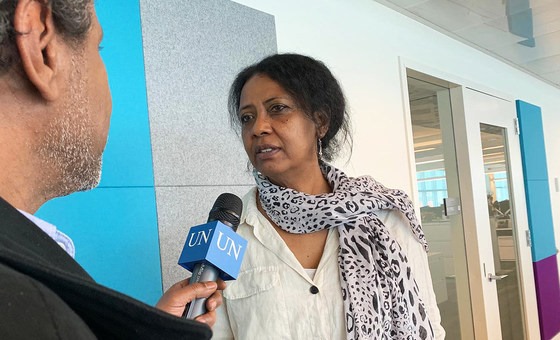
The Strategic Initiatives for Women in the Horn of Africa (SIHA) published a report in July accusing the RSF of committing systematic sexual violence in Al-Jazeera state and using these attacks as a weapon to displaced residents from their areas. The organisation documented severe violations by the RSF between December 2023 and April of this year, including rape, gang rape, sexual slavery, and forced marriage of minors. The organisation is calling for an international trial for the leaders responsible for these violations, including the main commander of the Paramilitary Rapid Support Forces in the state, Abu Aqla Keikel.
* A pseudonym to protect the source’s identity




